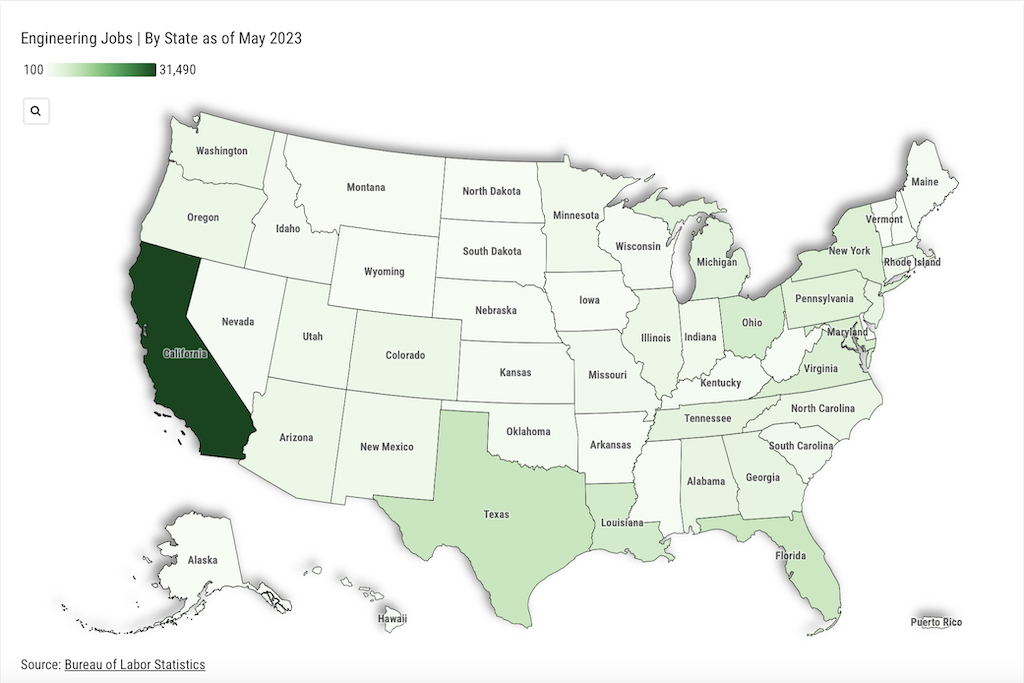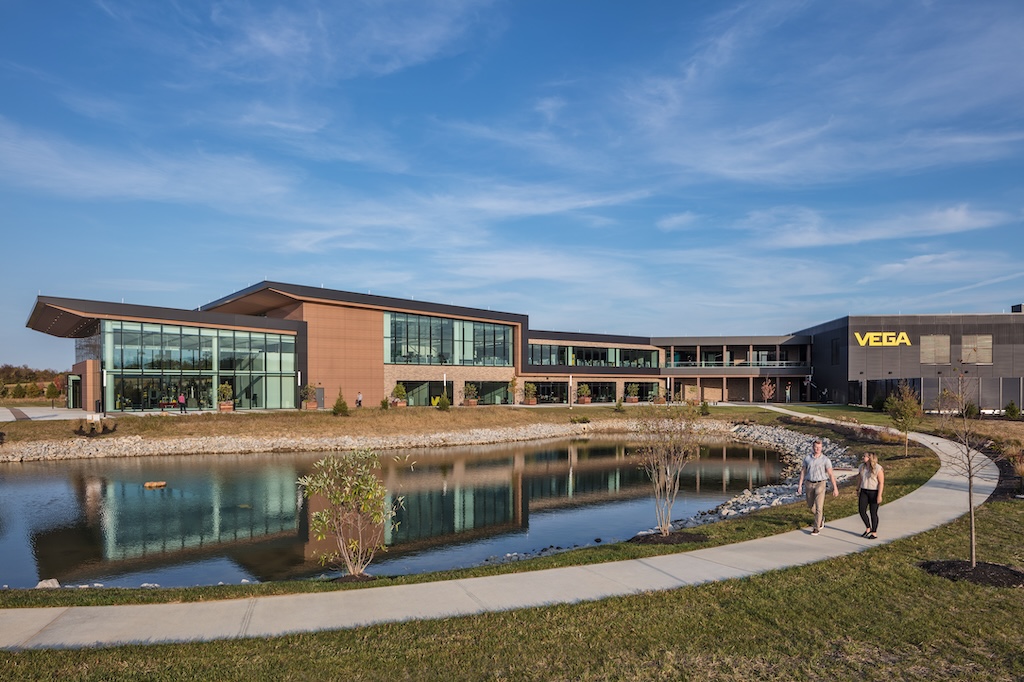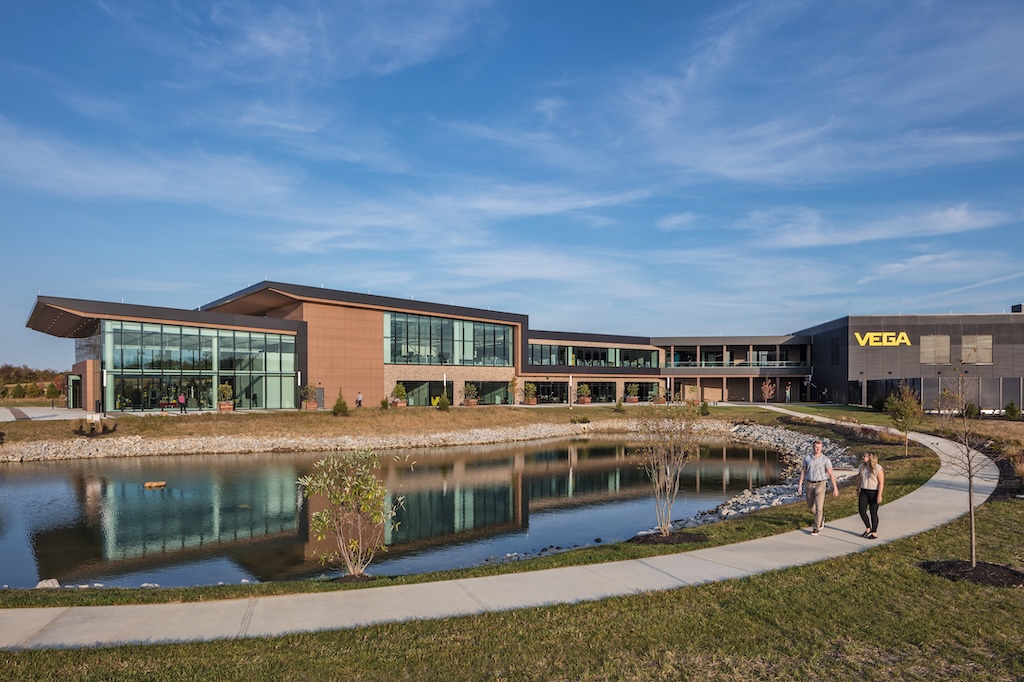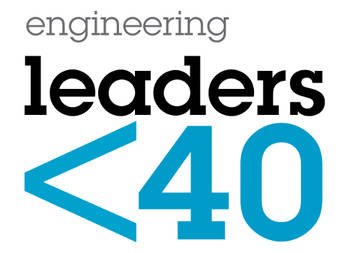It’s the question of the hour: how will automation fare in today’s economic meltdown? Like the old saying goes, we have good news, and we have bad news; which do you want to hear first?
It’s the question of the hour: how will automation fare in today’s economic meltdown? Like the old saying goes, we have good news, and we have bad news; which do you want to hear first? If you’re like me, you’ll take the bad first, and then end on the good.
The bad news
The economy is in crisis. There’s little doubt about that, and there’s little doubt that manufacturing and related industries are being hit hard by the financial turmoil. An index of December manufacturing activity sank to its lowest point in 28 years. According to the Associated Press, “every corner of the sector was down, from bakeries to cigarette-makers to aluminum smelters.” The specifics of that index are an even gloomier story, with new orders falling to their lowest level since 1948 and pricing falling more dramatically than we’ve seen in more than 50 years.
The numbers we’re seeing in the U.S. are just part of the global crisis, with the manufacturing sectors of China, Singapore, South Korea and Europe also dropping. With the U.S. unemployment rate at 6.7 in November, manufacturing was hit hard, losing more than 85,000 jobs in a month’s time according to data from the Bureau of Labor Statistics.
There’s no sugar-coating it: we’re in a global economic crisis. Even the new U.S. President, Barack Obama, spoke frankly in his inaugural address about the challenges we all face: “Today I say to you that the challenges we face are real. They are serious and they are many. They will not be met easily or in a short span of time. But know this, America — they will be met.” That brings us to the good news.
The good news
Another point Obama made is relevant: “although this particular set of challenges is new, our capacity and our abilities have been our trusted tools for hundreds of years.” I would extend this concept to automation in particular. No, we haven’t seen declines like this in dozens of years. No, we didn’t see this coming. No, we’re not sure how long it will last. However, we are in a unique position to respond.
Consider the tools needed to confront these challenges. As a global economy, what do we need to harness and use in the coming months and years? Innovation? Yes. Efficiency? Yes. Quality? Yes. Cost effective production? Yes. Environmentally responsible manufacturing? Definitely.
In my opinion, there’s no better profession, no better group of people, to solve these challenges than automation professionals. These are the very tenants of our profession. We’re the key to global competitiveness through the very nature of our discipline. What better way to increase productivity, quality, efficiency and effectiveness of manufacturing than through the application of automated systems?
We can also see the potential solutions to energy problems through automation. We can produce energy more efficiently using automation through concepts such as “Smart Grid,” which can help to modernize an old system of energy distribution. Alternative energy solutions such as wind, solar and geothermal can and should use automation in their production and dissemination. Indeed, automation professionals — a group that includes technicians, engineers and scientists — can look to the future with confidence knowing that the field of automation will be one of value and viability to the economy.
Where to start
Where do we start? We start by reaching out to our colleagues and banding together as a profession. At ISA and the Automation Federation, we will continue to bring visibility to the importance of our profession and its effect on the U.S. and global economies. We’ll go back to Capitol Hill and educate our lawmakers about what we do and how it can help solve this crisis. We’ll continue to motivate the next generation to join our cause and make a difference in their world. Our standards committees will keep developing world-class standards that help companies improve productivity, safety, security and quality. At ISA, we have a responsibility to help you do your job better, faster and smarter.
As an individual, you also have a responsibility to your company to figure out the best, fastest and smartest way to do your job. You have a responsibility to be a critical thinker, an innovator and a strategic planner. To borrow another line from Obama, these are “duties that we do not grudgingly accept but rather seize gladly, firm in the knowledge that there is nothing so satisfying to the spirit, so defining of our character, than giving our all to a difficult task.”
As we move forward in an uncertain time, let’s seize our responsibilities and work together to create a better future.
Author Information
Gerald W. Cockrell is a professor of Electronics and Computer Engineering Technology and the director of the Center for Automation and Systems Integration at Indiana State University, Terre Haute, and the 2009 International Society of Automation president.



